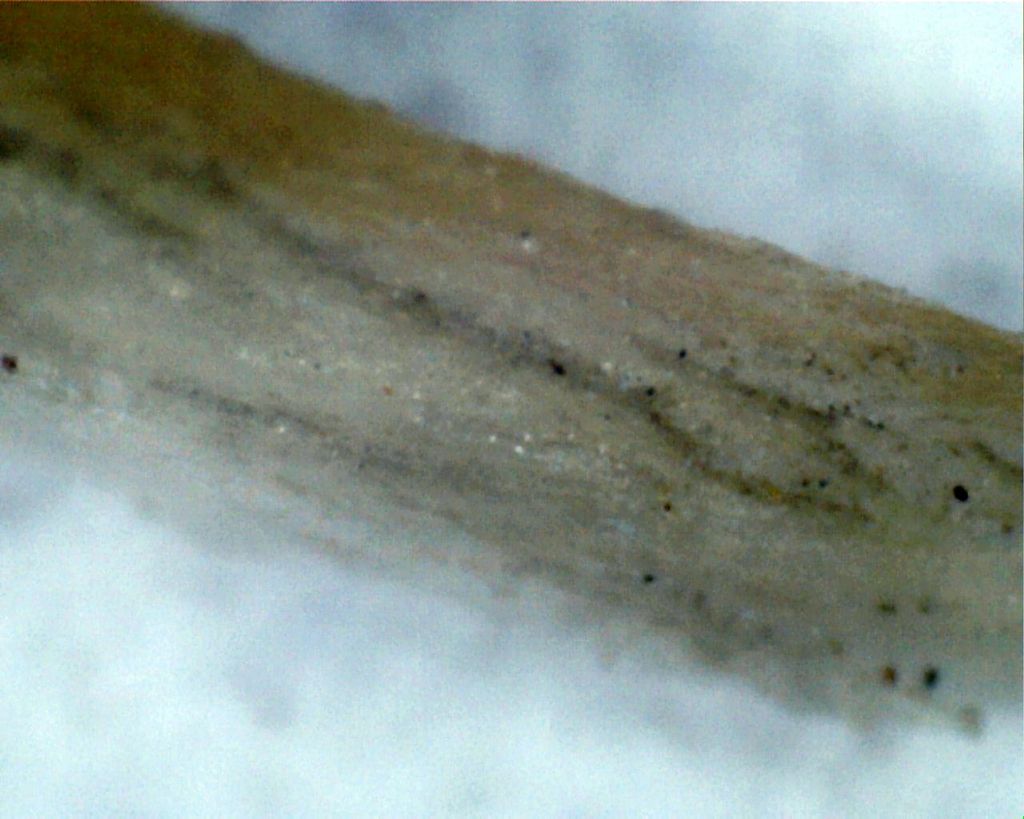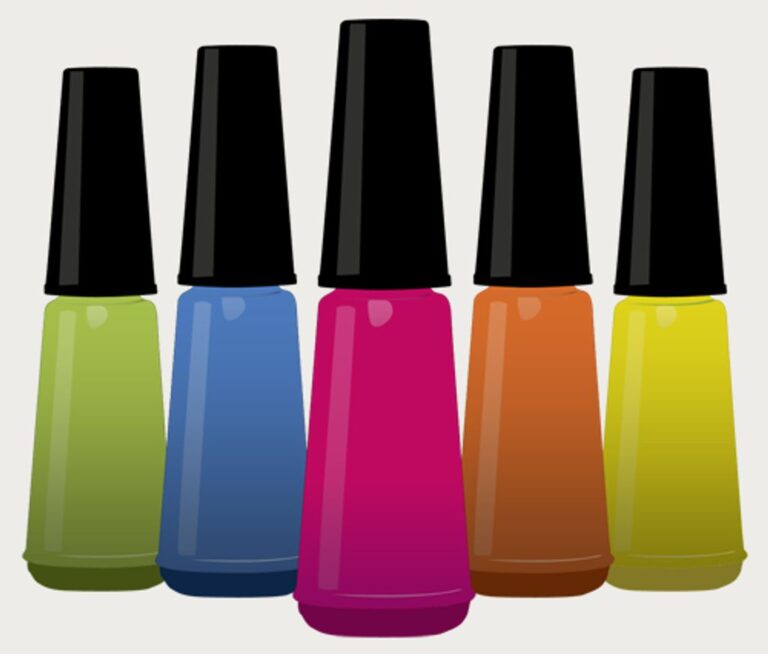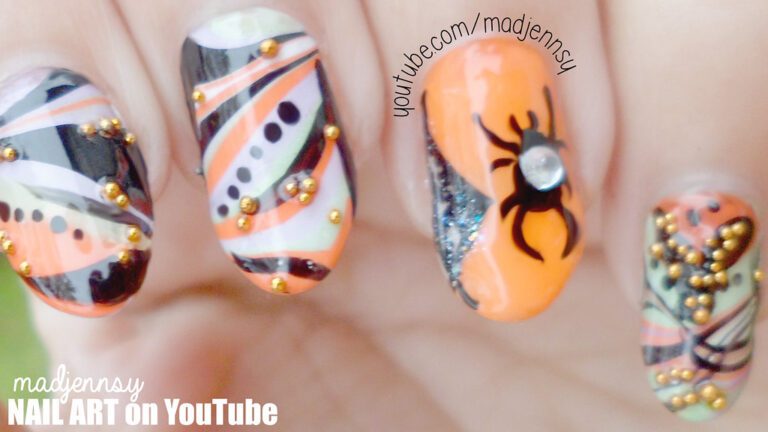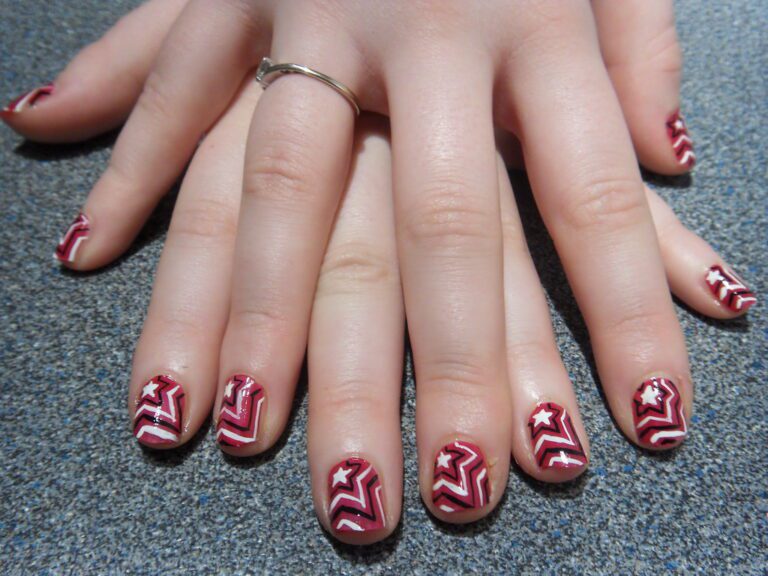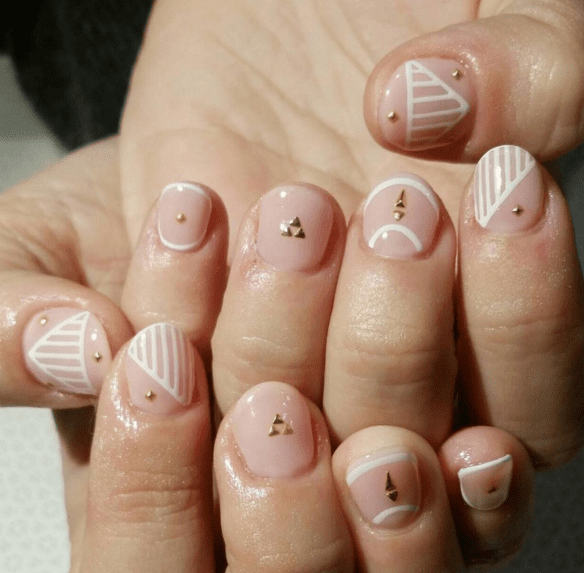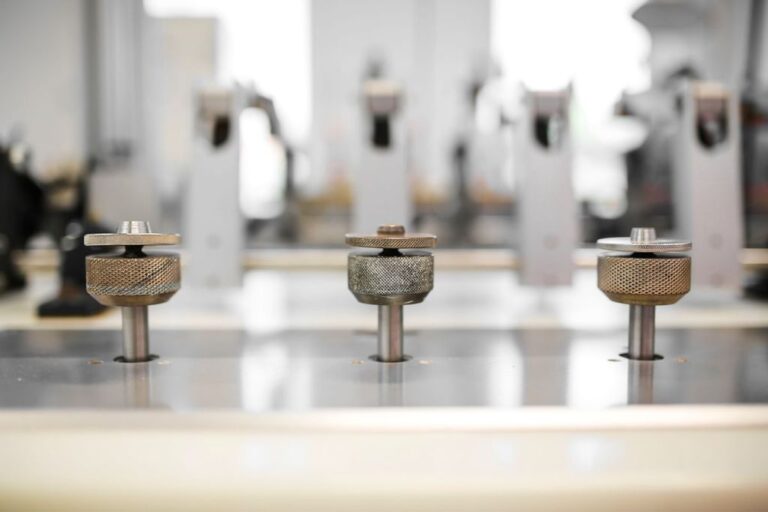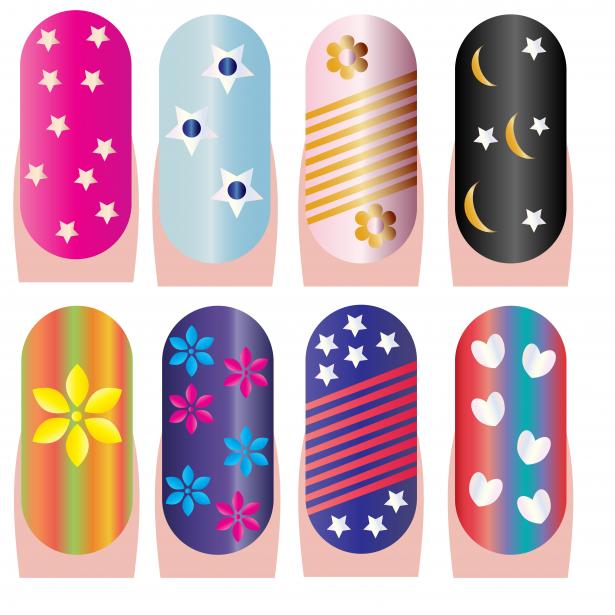“Brittle Beauty: The Science Behind Brittle Nails”
Brittle nails can be a frustrating and common issue, affecting both men and women. Understanding the science behind brittle nails is essential for effective treatment and prevention. In this article, we will explore the structure of the nail, the causes of brittle nails, and the impact of diet and nutrition on nail health.
Key Takeaways
- Moisturizing and hydration play a crucial role in preventing brittle nails.
- Environmental factors such as exposure to water and chemicals can weaken nails.
- Consuming a balanced diet rich in vitamins and minerals is important for maintaining healthy nails.
- Regular nail care practices, such as trimming and filing, can help prevent brittleness.
- Certain health conditions, such as hypothyroidism, can contribute to brittle nails.
Understanding Brittle Nails

Structure of the Nail
The human nail is a complex structure composed of several different parts, each playing a critical role in protection and sensation. At the core, the nail plate is the hard, translucent part of the nail, made of keratin, a type of protein that’s also found in skin and hair. Underneath lies the nail bed, which provides support and nourishment to the nail plate.
Cuticles serve as a protective barrier at the base of the nail, preventing the entry of pathogens. The nail matrix, hidden under the cuticles, is where nail growth originates. Any disruption in these components can lead to brittle nails. Understanding the anatomy of the nail is essential for identifying the root causes of brittleness and implementing effective treatments.
- Nail Plate: Hard, keratin-rich surface
- Nail Bed: Supports and nourishes the nail plate
- Cuticles: Protects nail from infections
- Nail Matrix: Source of nail growth
Tip: Regularly moisturizing the cuticles and nail bed can help maintain the integrity of the nail structure and prevent brittleness.
Causes of Brittle Nails
Brittle nails can be the result of a variety of factors, ranging from external influences to internal health issues. One common cause is prolonged exposure to water or chemicals, which can strip the nails of their natural oils, leading to dryness and fragility. Environmental conditions, such as low humidity and cold weather, can also contribute to nail brittleness.
Certain health conditions are known to affect nail health. For instance, thyroid disorders, anemia, and fungal infections can manifest as brittle nails. Additionally, nutritional deficiencies—particularly a lack of vitamins A, C, E, and B vitamins, as well as minerals like iron, calcium, and zinc—can impair nail strength and flexibility.
Tip: To maintain healthy nails, it’s crucial to protect them from harsh chemicals by wearing gloves during household chores and to keep them moisturized.
Lifestyle habits, such as frequent hand-washing or the use of nail polish removers, can exacerbate the issue. It’s important to balance these activities with proper nail care to prevent brittleness.
Impact of Diet and Nutrition
The health of nails is intricately linked to diet and nutrition. A diet rich in essential nutrients such as protein, biotin, and omega-3 fatty acids can significantly contribute to nail strength and resilience. Conversely, inadequate intake of these nutrients may lead to brittle nails. To illustrate, a study found that individuals with low levels of biotin experienced increased nail fragility and brittleness. Additionally, hydration plays a crucial role in maintaining nail health, emphasizing the importance of consuming an adequate amount of water daily. Ensuring a balanced and nutrient-rich diet is fundamental to promoting optimal nail health and preventing brittleness.
Factors Affecting Nail Health

Environmental Factors
The health of our nails is significantly influenced by the environment we live in. Factors such as humidity, temperature, and exposure to chemicals play a crucial role in determining the resilience of our nails. For instance, low humidity levels can lead to dryness, making nails more susceptible to brittleness.
Exposure to harsh chemicals, like those found in cleaning agents or nail polish removers, can strip nails of their natural oils. This often results in weakened nail structure and increased fragility. It’s important to protect nails by wearing gloves when using such substances.
Tip: Always give your nails a break from nail polish and treatments to allow them to recover and maintain their natural strength.
Frequent handwashing or swimming can also contribute to nail brittleness due to prolonged water exposure. Water can cause the nails to expand and contract, leading to stress on the nail plate.
Health Conditions
The health of our nails can be a telling indicator of our overall well-being. Certain health conditions can lead to brittle nails, signaling deeper systemic issues. For instance, thyroid disorders, such as hypothyroidism, can cause nails to become brittle, thin, and slow-growing. Anemia, a condition characterized by a lack of healthy red blood cells, can also manifest in the form of brittle nails.
Psoriasis, an autoimmune skin condition, can affect the nails, leading to pitting, abnormal nail growth, and brittleness. Moreover, fungal infections, which may not always be immediately apparent, can compromise nail strength and integrity.
Keeping a close eye on changes in nail health can provide early clues to potential health problems. It’s important to consult a healthcare provider if you notice significant changes in your nails.
While some conditions are directly related to nail health, others may affect the nails indirectly. For example, diabetes can lead to poor circulation, which in turn can affect the health of nails. It’s crucial to manage underlying health conditions to maintain not only overall health but also to prevent nail brittleness.
Lifestyle Habits
The health of our nails is significantly influenced by our daily habits. For instance, frequent exposure to water can lead to weakened nails, as it strips the natural oils that maintain their strength and flexibility. On the other hand, incorporating biotin-rich foods into your diet, such as egg yolk, dairy products, and nuts, can promote stronger nails. It’s important to strike a balance between keeping nails hydrated and avoiding excessive water exposure.
Certain lifestyle choices, like the application of nail polish, can also impact nail health. While nail art allows for creative expression, it’s crucial to give your nails a break from polish and harsh chemicals occasionally. This allows them to recover and reduces the risk of brittleness. Moreover, the use of hand moisturizers and wearing gloves during household chores can protect nails from environmental stressors.
Tip: To maintain nail health, minimize direct contact with water and chemicals by wearing gloves when cleaning or washing dishes. Regularly apply a nourishing hand cream to keep the nails and cuticles well-moisturized.
Treatment and Prevention Strategies

Moisturizing and Hydration
Maintaining the moisture balance in nails is crucial for preventing brittleness. Regular use of moisturizers, such as cuticle oils and hydrating base coats, can significantly improve nail flexibility and strength. Hydration is not just about applying products; it also involves protecting the nails from excessive water exposure that can strip away natural oils.
Moisturizing treatments come in various forms, from oils to creams, and selecting the right one depends on individual needs. For instance, products containing ingredients like Pentavitin act as a ‘water magnet’, helping to retain moisture within the nail structure. Here’s a simple routine to follow:
- Apply a moisturizing product, like a cuticle oil, at least once a day.
- Wear gloves when doing household chores to prevent water and chemical exposure.
- Use a hydrating base coat before applying nail polish to extend polish life and prevent drying.
Tip: Consistency is key. Regular application of moisturizing treatments can lead to noticeable improvements in nail health over time.
Nutritional Supplements
In the quest for stronger and healthier nails, nutritional supplements play a pivotal role. Essential vitamins and minerals can help to fortify nail structure, promote growth, and prevent brittleness. For instance, biotin, also known as vitamin B7, is widely recognized for its benefits to nail health.
A balanced blend of vitamins is crucial for maintaining nail integrity. Supplements often include a combination of vitamins A, C, D, and E, alongside minerals like iodine, zinc, and selenium. These nutrients work synergistically to support nail health. Here’s a list of key supplements and their roles:
- Biotin (Vitamin B7): Essential for nail growth and strength.
- Vitamin C: Helps in collagen production, important for nail structure.
- Vitamin D: Supports calcium absorption, beneficial for nail hardness.
- Zinc: Aids in protein synthesis and cell growth, which are vital for nail health.
Tip: Consistency is key when taking supplements. For best results, incorporate them into your daily routine as directed by a healthcare provider.
While supplements can be beneficial, it’s important to approach them as a complement to a well-rounded diet rather than a replacement. Always consult with a healthcare professional before starting any new supplement regimen to ensure it aligns with your individual health needs.
Nail Care Practices
Adopting proper nail care practices is essential for maintaining the health and appearance of your nails. Regular maintenance can prevent the common issue of brittle nails and promote stronger, healthier growth. Here are some key practices to incorporate into your routine:
- Keep your nails clean and dry to prevent bacteria and fungi from growing under the nail plate.
- Trim nails regularly using sharp nail clippers or scissors. It’s best to cut nails straight across and then round the tips in a gentle curve.
- Moisturize the cuticle and nail bed with a nourishing oil or cream to maintain hydration and flexibility.
- Avoid harsh chemicals and detergents by wearing gloves when cleaning or washing dishes.
- Limit the use of nail polish remover to once a week and choose an acetone-free formula to prevent excessive dryness.
Tip: To reduce the risk of splitting and breaking, trim nails after a bath or shower when they are softer and easier to shape.
In addition to these practices, consider using a nail strengthener if you have particularly weak or brittle nails. These products often contain biotin and keratin, which are beneficial for nail fortification. Remember, while external care is important, internal factors such as diet and overall health significantly influence nail condition.
In the world of nail care, treatment and prevention strategies play a crucial role in maintaining healthy and beautiful nails. At NAILinspire.com, we are dedicated to providing the ultimate online nail art design library, where you can explore a wide range of nail care tips, techniques, and inspiration. Whether you’re looking for expert advice on nail treatments or seeking creative ideas for nail art, NAILinspire.com is your go-to destination. Visit our website today to discover the latest trends, tutorials, and products to elevate your nail care routine.
Frequently Asked Questions
What are the main causes of brittle nails?
Brittle nails can be caused by a variety of factors, including excessive exposure to water, harsh chemicals, and certain health conditions.
How does diet and nutrition impact nail health?
A balanced diet rich in essential nutrients such as protein, biotin, and vitamins can promote healthy nail growth and reduce the risk of brittleness.
What environmental factors can affect nail health?
Exposure to extreme temperatures, dry air, and prolonged contact with water can contribute to the brittleness of nails.
Are there specific health conditions that can lead to brittle nails?
Certain health conditions, such as hypothyroidism, psoriasis, and fungal infections, can result in brittle and weak nails.
What are some effective moisturizing and hydration techniques for brittle nails?
Regular application of moisturizing creams, oils, and avoiding prolonged exposure to water can help maintain nail moisture and prevent brittleness.
How can nail care practices help prevent and treat brittle nails?
Proper nail care, including keeping nails trimmed, avoiding harsh chemicals, and using protective gloves, can contribute to the prevention and treatment of brittle nails.

